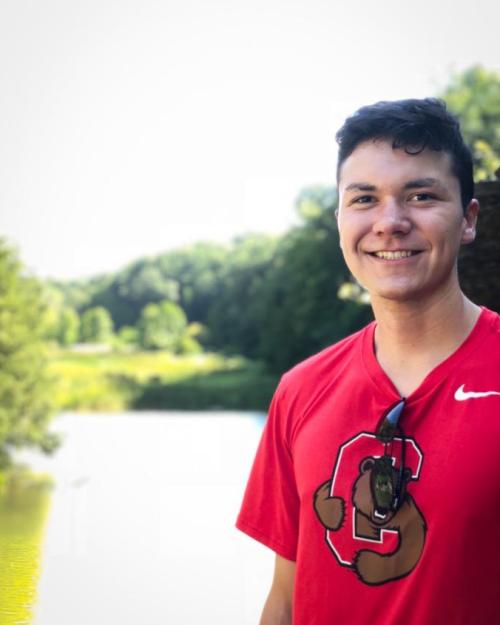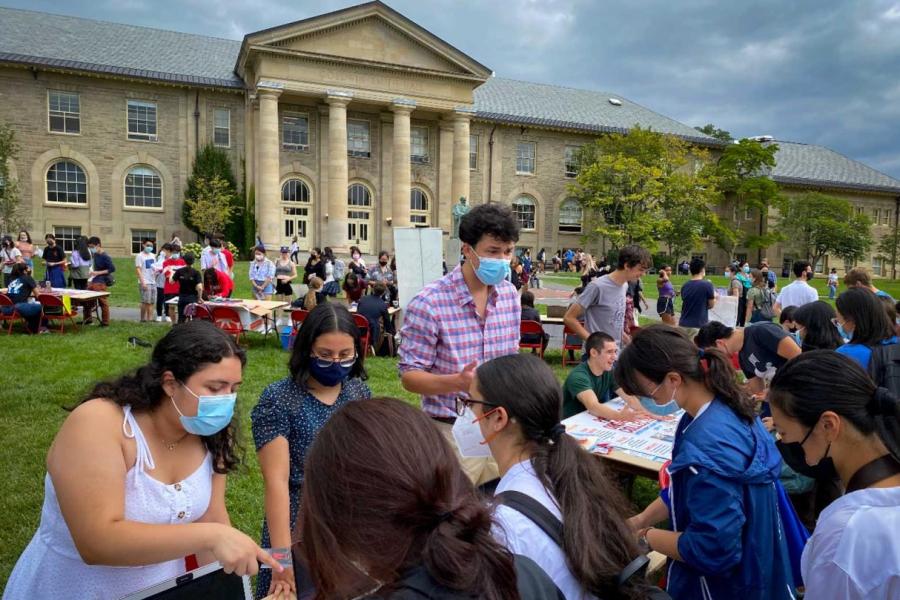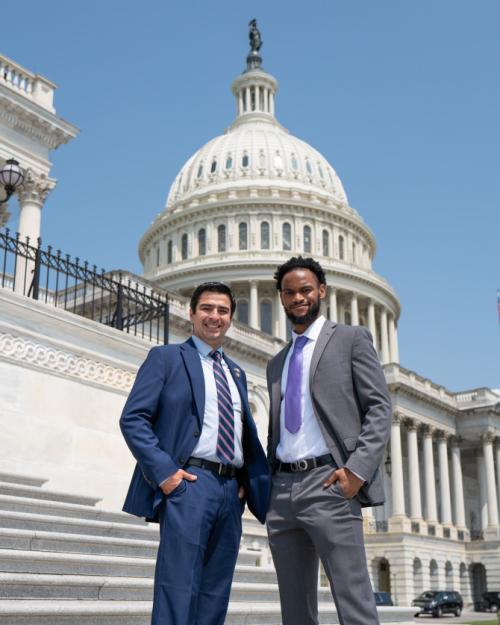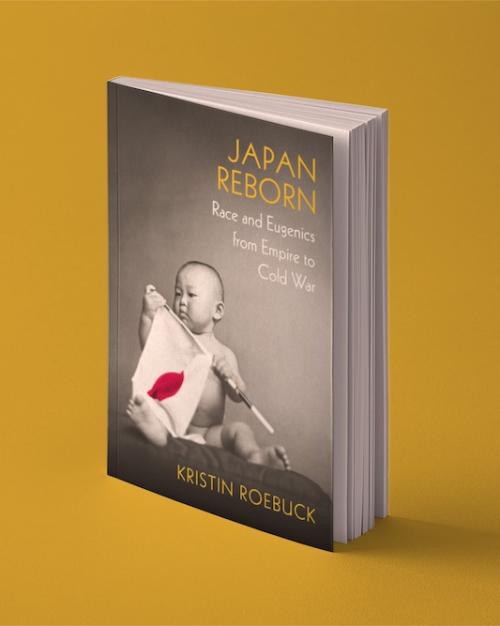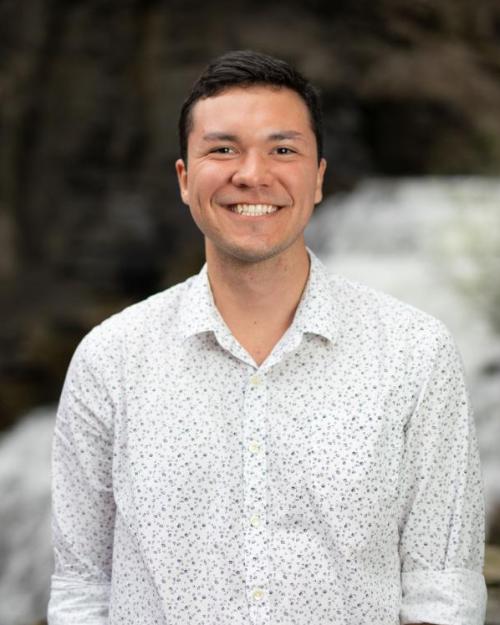Eric Kohut
Biology
West Orange, N.J.
What are the most valuable skills you gained from your Arts & Sciences education?
The most valuable skill I gained was learning how to collaborate with others from different academic disciplines and experiences. I acquired a wide range of knowledge, which allowed me to work with Cornellians from many walks of life. Similarly, I learned that progress in any specific field is dependent upon that field’s ability to integrate with other disciplines. While working with professors, staff and students, I learned how to think quantitatively, but also culturally. Arts & Sciences was the perfect fit for this learning, where I appreciated a mix of the physical sciences, with applications in social terms. This understanding allowed me to transfer what I learned from lecture halls and laboratories to the real world. I value this translational approach, which I developed thanks to the college’s diverse curriculum.
What is your main extracurricular activity and why is it important to you?
My main extracurricular activity is focusing on a nonprofit I run with fellow students/community members called Hudson Origin. The work involves offering a bilingual pediatric mental health referral system, workshops and support groups for families in Northern New Jersey. It’s meaningful since I’m able to translate my interests in neurobiology in a culturally informed manner. We largely work with immigrant communities which are adjusting to social pressures. Moreover, being from a Cuban immigrant family that worked hard to support me, it’s rewarding to be able to help give back in the ways that I can with my current education — especially to communities I grew up in. Similarly, I also helped create a translational research group called COULD (Cornell Origins Urban Life Development), which helps students create service projects in their hometowns with Cornell’s resources. Throughout my time at Cornell, I really enjoyed extracurriculars which applied academics on a community-wide level.
How have your beliefs or perspectives changed since you first arrived at Cornell?
Since I arrived at Cornell, an important thing I realized was that an individual doesn’t have to choose one traditional academic path or even a traditional career. Cornell offers the opportunity to integrate almost any aspect of an education that students feel connected to. When I started out, I thought that the actual curriculum was going to be more rigid. I quickly realized that if there’s something I wanted to learn, or something that interested me, I could pursue and cultivate it with Cornell’s help. Moreover, I discovered that the students, with faculty guidance, have an enormous amount of potential to effect change. Coming in as a freshman, I didn’t realize that I would find so many individuals on campus eager to help us achieve our goals. I learned that I could be a scientist, a biologist and much more. Over the years, I realized that I did not have to choose between passions in biology, cultural studies, and policy — but can instead combine them in ways unique to me.
If you were to offer advice to an incoming first year student, what would you say?
I would say to take a chance on yourself and to embrace mistakes. Cornell is rewarding, but also challenging. Entering freshman year, it’s important to consider what really makes you happy, and to devote time to improving yourself. The professors, faculty and students all want you to be your best version. It’s easy to find these people and grow with them as long as you stay focused, are open to the possibilities and engage with others. The best experiences I’ve had have been because of stepping outside my comfort zone and trying something new: from classes, to Ithaca adventures and extracurriculars. There are so many awesome opportunities, all waiting for you to take them!
Every year, our faculty nominate graduating Arts & Sciences students to be featured as part of our Extraordinary Journeys series. Read more about the Class of 2022.
